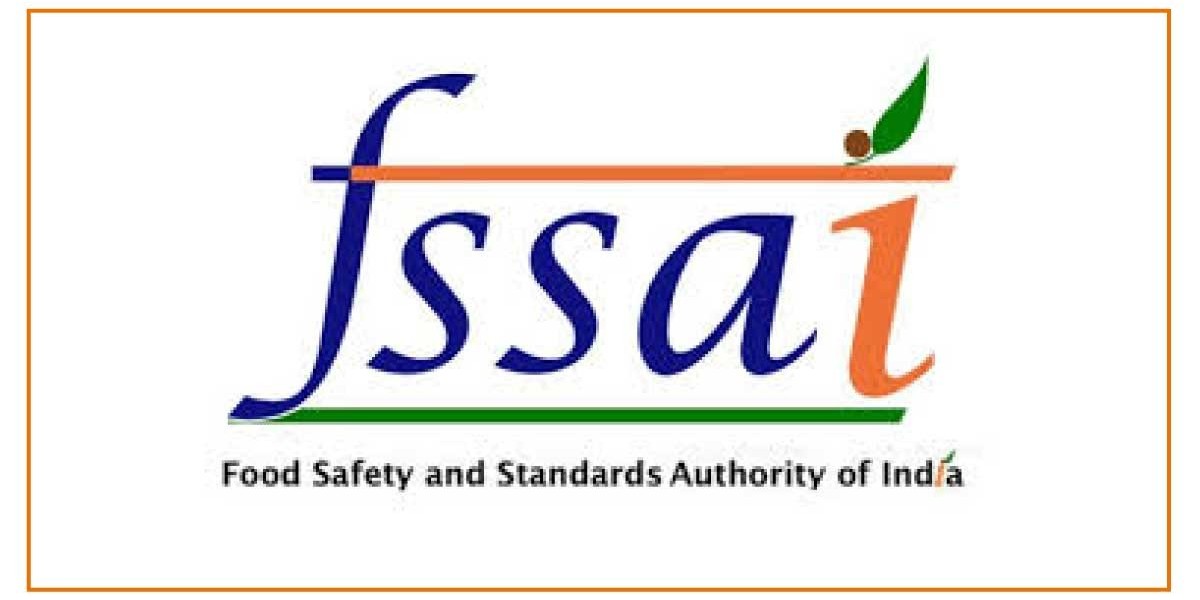Food safety is a top priority in India, and businesses involved in the food sector must comply with regulations laid down by the Food Safety and Standards Authority of India (FSSAI). Whether you are a street vendor, small food manufacturer, cloud kitchen owner, or a large-scale exporter, obtaining the right license is mandatory. To streamline compliance, FSSAI offers different categories of registration based on the size, nature, and turnover of the business. Let’s understand the types of FSSAI registration in India.
1. Basic FSSAI Registration
Who Needs It?
Basic FSSAI registration is for small food businesses and startups with an annual turnover of up to ₹12 lakhs. This type is suitable for:
Small retailers and petty food shops
Hawkers, tea stalls, and roadside vendors
Small-scale food manufacturers
Cottage industries
Key Features
Easy to apply and obtain
Minimum paperwork
Valid for 1 to 5 years (renewable)
Why It Matters
For small operators, this registration ensures compliance with food safety laws without heavy costs or complicated procedures.
2. State FSSAI License
Who Needs It?
This license is required for medium-sized businesses with an annual turnover between ₹12 lakhs and ₹20 crores. Common applicants include:
Small to medium food processing units
Restaurants and cafes
Storage units and transporters within a state
Mid-sized manufacturers and marketers
Key Features
Requires more documents than basic registration
Issued by the State Government
Valid for 1 to 5 years (renewable)
Why It Matters
The State FSSAI License helps businesses expand within a state while ensuring compliance with hygiene and safety standards.
3. Central FSSAI License
Who Needs It?
This license is for large-scale food businesses with an annual turnover above ₹20 crores or those engaged in import, export, or inter-state operations. Applicants include:
Large manufacturers and food processing units
Exporters and importers of food products
Large restaurants, hotel chains, and transporters
Businesses supplying food to government offices or organizations
Key Features
Issued by the Central Government
Requires detailed documentation and inspection
Valid for 1 to 5 years (renewable)
Why It Matters
The Central FSSAI License is crucial for businesses with a nationwide or international presence, as it establishes credibility and compliance at a higher level.
Choosing the Right FSSAI Registration
The correct license depends on your business size, annual turnover, and scope of operations:
| Type of FSSAI Registration | Turnover Limit | Issued By | Suitable For |
|---|---|---|---|
| Basic Registration | Up to ₹12 lakhs | Local Authority | Small vendors, hawkers, petty shops |
| State License | ₹12 lakhs – ₹20 crores | State Authority | Mid-sized businesses, restaurants, storage units |
| Central License | Above ₹20 crores / Import-Export | Central Authority | Large manufacturers, exporters, importers, national brands |
Conclusion
The types of FSSAI registration in India are designed to regulate food businesses of all sizes, ensuring that food consumed by the public is safe and hygienic. From small street vendors to large exporters, every food business must comply with the appropriate FSSAI registration. Choosing the right type not only keeps you compliant but also builds customer trust and brand credibility.





